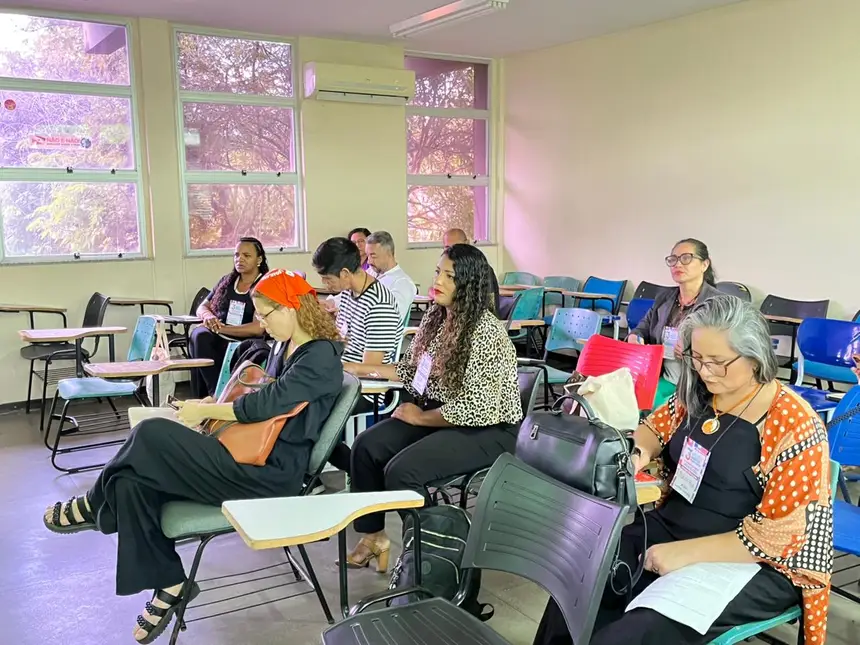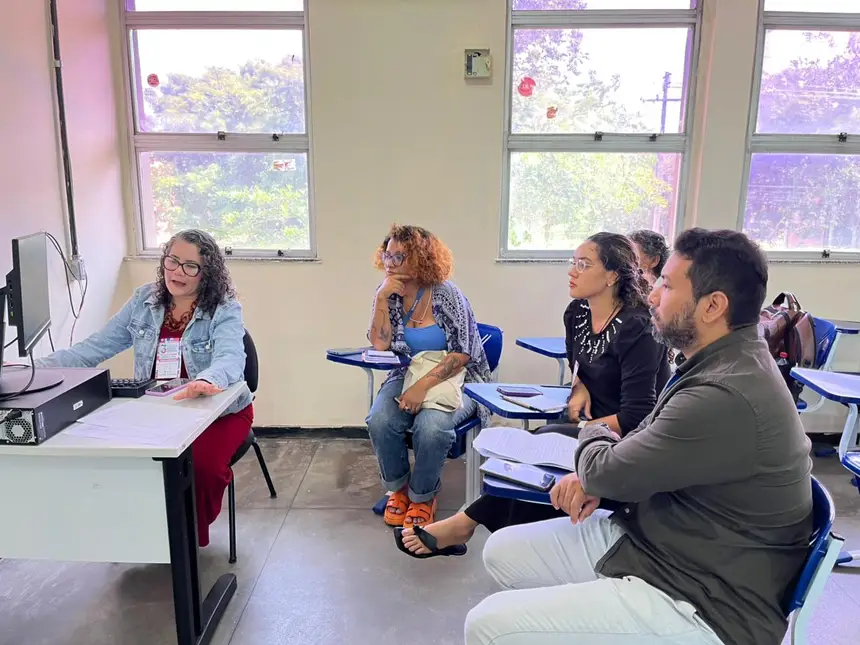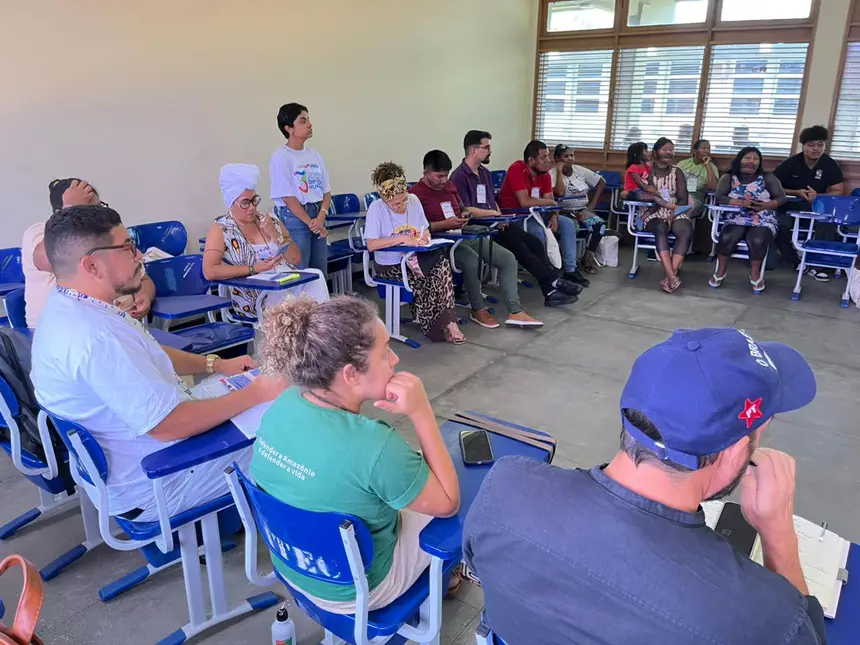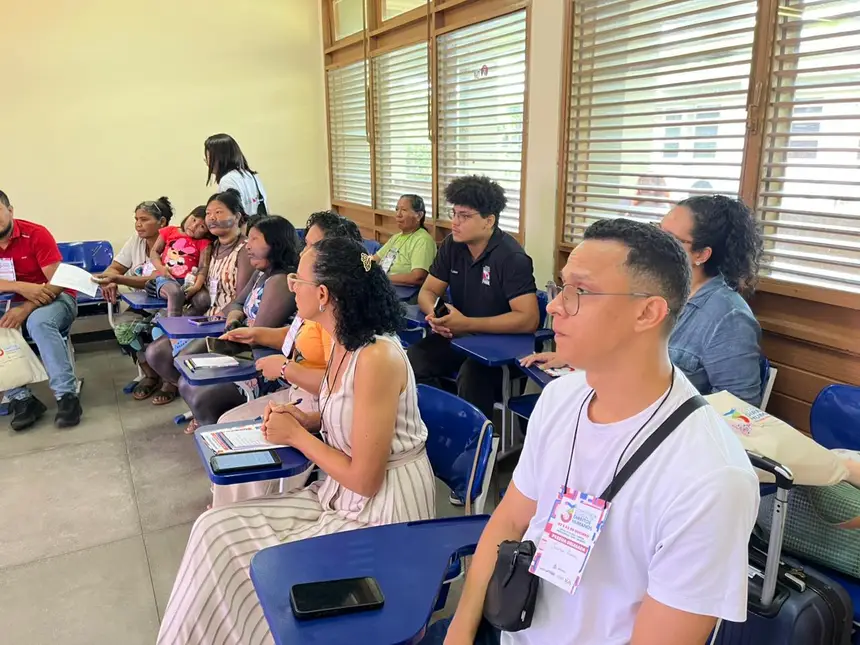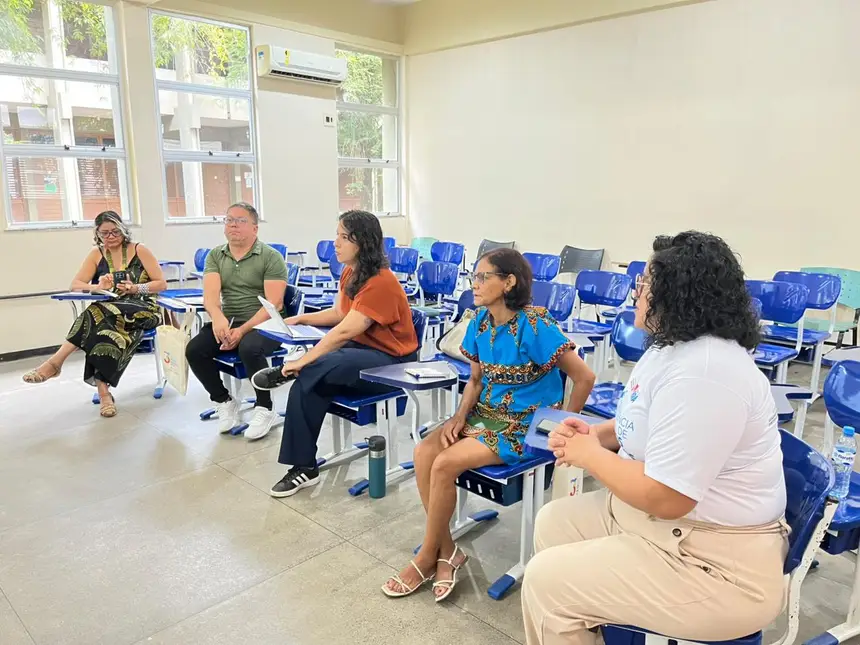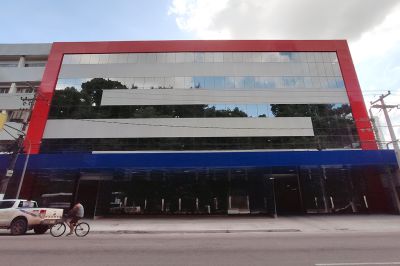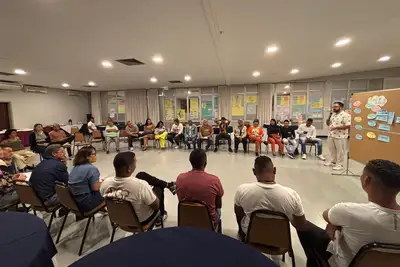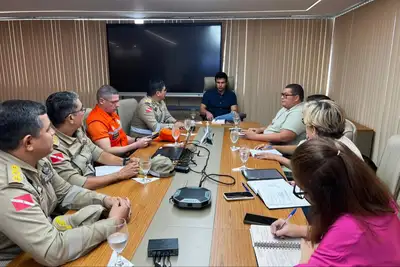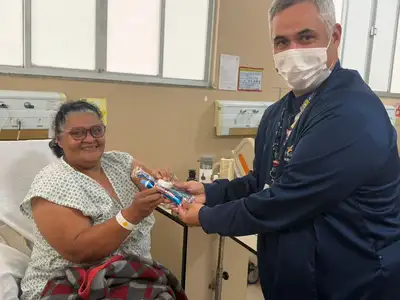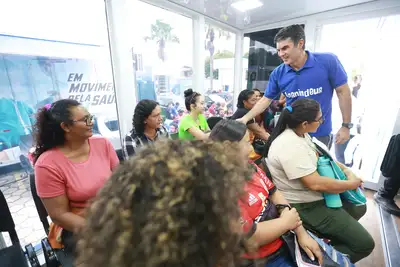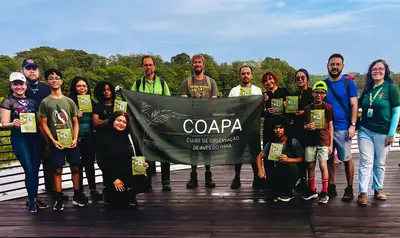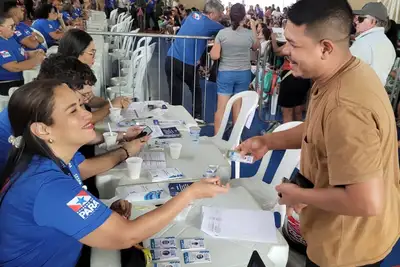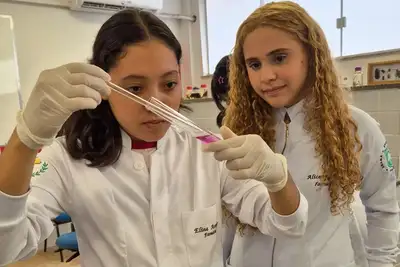Discussions in thematic axes mark the 3rd State Conference on Human Rights
Working Groups debated proposals in six axes aiming for the national stage
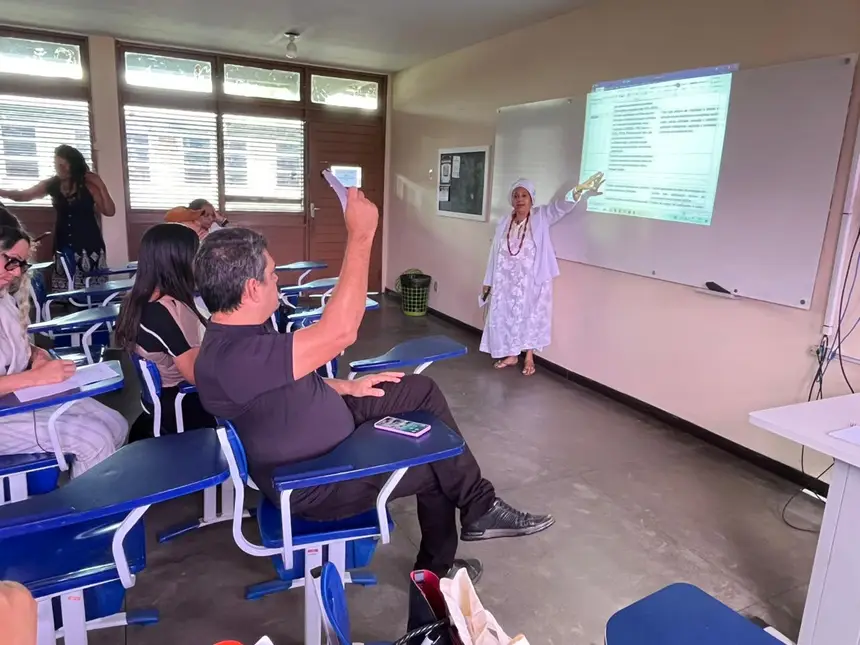
The 3rd State Conference on Human Rights, held by the Government of Pará, through the Secretary of Racial Equality and Human Rights (Seirdh), in partnership with the State Council on Human Rights (CEDH), continued on the morning of this Friday (3) with Working Groups (GTs) formed from six axes for the formulation of public policy proposals for voting. Held at the ICJ (Institute of Legal Sciences) and ICSA (Institute of Applied Social Sciences) of the Federal University of Pará (UFPA), in Belém, the program brings together representatives of organized civil society and the public power for debates on human rights.
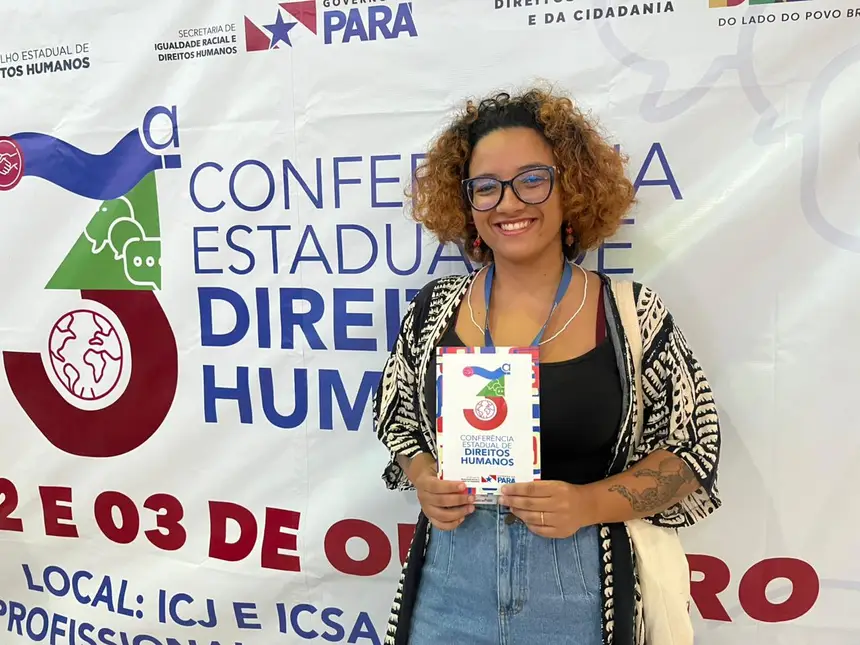
The Working Groups followed the structure of the 13th National Conference on Human Rights. For Gabriela Borja, coordinator of sexual diversity and gender at Seirdh, the highlight of the conference was the formulation and construction of proposals for the national stage. “The proposed policies built here are based on the perspective of social justice, equality, addressing setbacks, and currently with a very important agenda of climate justice, as well as institutional strengthening,” she stated.
Thematic Axes
The debates were aligned with the six thematic axes defined: “Confronting Violations and Setbacks,” which includes combating violence, racism, religious intolerance, and discrimination against vulnerable groups; “Democracy and Popular Participation,” focusing on strengthening councils, freedom of expression, and combating misinformation.
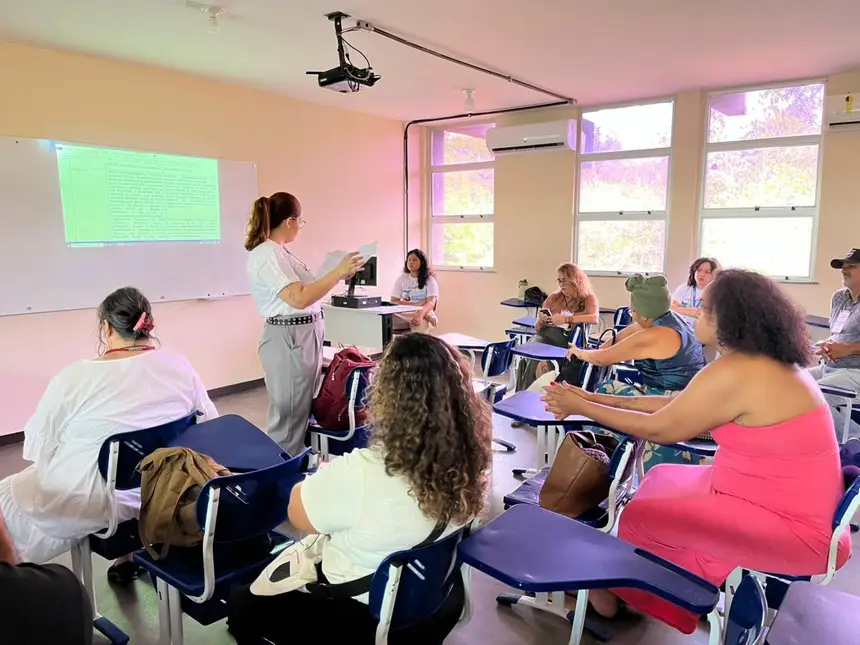
Topics such as “Equality and Social Justice” were also debated, addressing inclusion policies, combating poverty, and promoting racial and gender equity; “Climate Justice, Environment, and Human Rights,” which deals with the protection of traditional communities and the impacts of climate change; “Protection of Human Rights in the International Context,” aimed at strengthening global mechanisms for the defense of fundamental rights; and “Strengthening the Institutional Framework of Human Rights,” which seeks to consolidate councils, systems, and bodies for the promotion and defense of rights in the country.
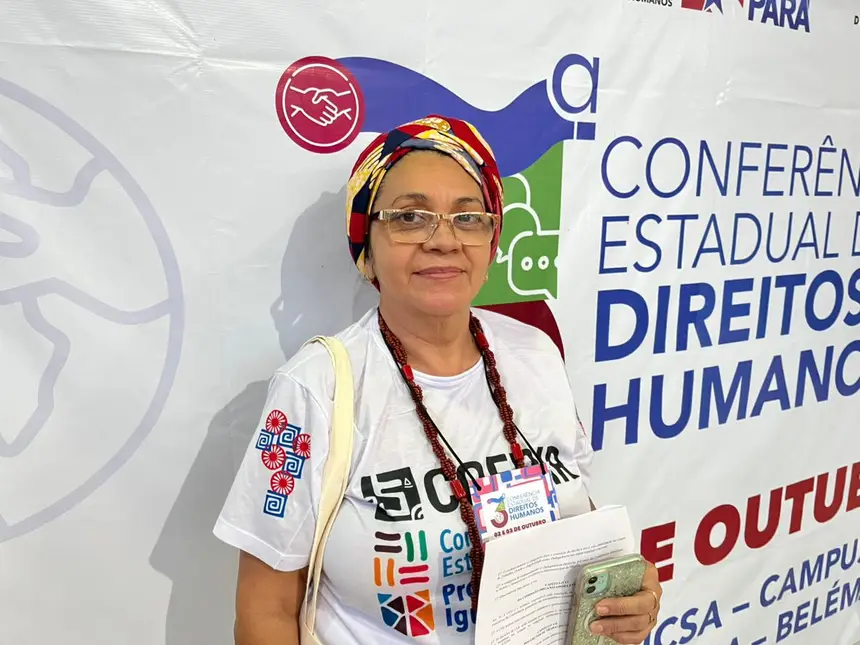
Participation
The state human rights counselor, Silvina Macêdo, participated in the axis “Equality and Social Justice.” She emphasized her choice of theme. “I chose to participate in this axis because I see that there are no public policies aimed at people of African descent. So, for there to be an affirmation as peoples of ancestry and tradition, we need to occupy these spaces and set the agenda for public policies for our people,” she said.
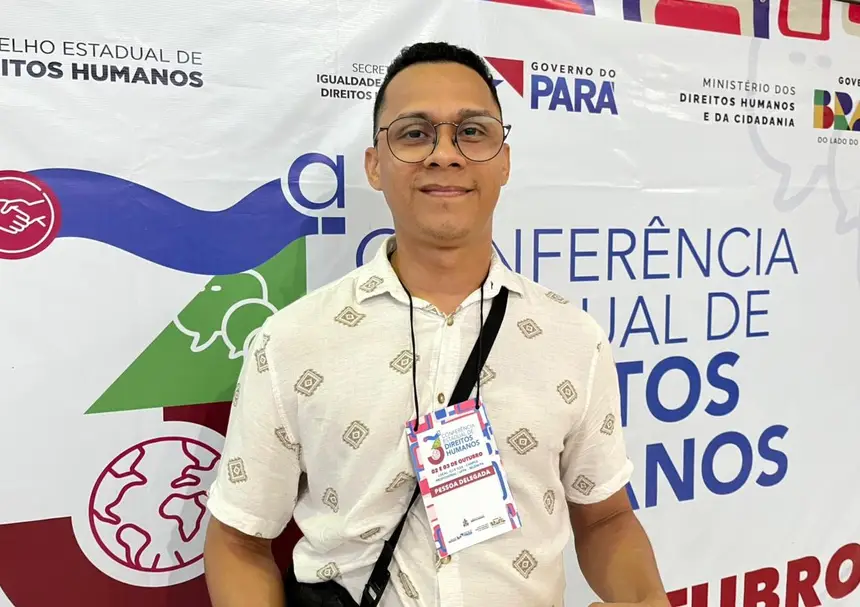
Coming from the municipality of Marabá and a delegate from the intermunicipal conference, Professor Jeferson Amaral participated in the axis “Climate Justice, Environment, and Human Rights” and highlighted the essence of the conference in the current context of the Amazon. “The importance of holding the conference is undeniable, given that global issues demand this discussion on human rights. And within our Amazonian territory, this debate reproduces a unique power of voice. As I am an educator in the geographical area, I chose the area of greatest affinity, where I could contribute with significant agendas and theoretical grounding aimed at providing quality of life to people who enjoy urban space precisely with the climate issue,” he pointed out.
Program - The program continues in the afternoon of this Friday (3). The voting on the public policy proposals from the Working Groups will be held, as well as the election of delegates for the national stage scheduled to take place between December 10 and 12, in Brasília (DF).



